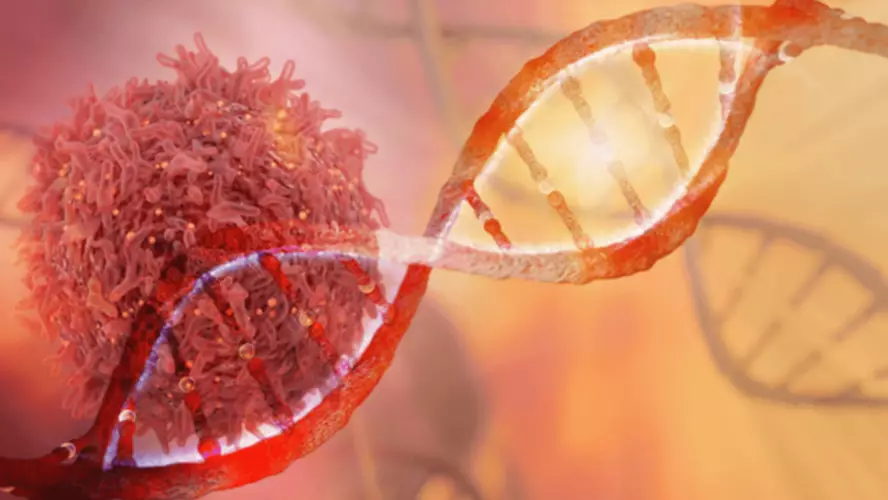
This imbalance results in oxidative stress, which damages liver cells and impairs their function. Scientific evidence supports the progressive nature of alcohol addiction. According to the National Institute on Alcohol Abuse and Alcoholism (NIAAA), approximately 14.5 million adults in the U.S. had AUD in 2019. Early diagnosis and intervention significantly improve treatment outcomes. Boca Recovery Center is here to provide the best quality care in the treatment of Halfway house drug and alcohol addiction.

Understanding Alcoholism: The Five Types of Alcoholics

Recovery is an ongoing process, and individuals who maintain consistent support systems and lifestyle changes have higher success rates in avoiding relapse. Loss of control over drinking is a hallmark of late-stage alcoholism, characterized by compulsive alcohol consumption despite severe physical, mental, and social consequences. At this point, alcohol use is driven primarily by the need to avoid withdrawal symptoms rather than a desire for pleasure or relaxation. Alcohol dependence in the middle stage manifests through physical withdrawal symptoms, intense cravings, and an inability to stop drinking despite efforts to cut down. During this phase, individuals experience symptoms such as tremors, sweating, anxiety, and irritability when alcohol use is reduced or stopped.
Stage 5: Addiction or Alcoholism
The best gift you can give your loved one is not helping them stay where and 5 stages of alcoholism how they are—much of what the family does and can influence change at some point. Our S.A.F.E.® (Self-Awareness Family Education®) Intervention & Family Recovery Coaching addresses these moving parts. Other interventionists do a great job of talking their loved ones into treatment. Many claim to have family recovery services now because they have to. Very few interventionists have credentials or can help a family more deeply.

Learn About Addiction

Typically, people in the first stage of alcoholism do not notice the harmful effects of alcohol because they’re not experiencing withdrawal symptoms. They may use alcohol to relieve stress but also enjoy being high or drunk. Health experts increasingly recognize “gray area drinking“—a space between moderate consumption and severe alcohol use disorder. In this middle ground, you might not meet the clinical criteria for addiction, but your relationship with alcohol is causing subtle problems in your health, relationships, or daily functioning.
- This stage also qualifies as a severe form of alcohol use disorder (AUD) according to the DSM-5 criteria.
- We understand that there are times when specific affairs need to be in order before going into a treatment center for an extended period.
- The longer someone is sober, the longer their behavioral relapse lasts before resuming substance use.
- Individuals in this phase have decided to seek help and are preparing to take concrete steps toward sobriety.
- If you or someone you love is struggling with addiction, getting help is just a phone call away, or consider trying therapy online with BetterHelp.
- The family often believes the loved one is a victim of mental health or a disease of addiction, and they will never accept help from an intervention.
- Families call professionals a “salesman” when they have run out of excuses or realize they cannot sell their ideas to the professional.
Teen & Young Adult Treatment Tracks
This habitual use to self-medicate gradually transitions into alcohol dependence as the individual becomes psychologically reliant on alcohol for emotional relief. This stage also qualifies as a severe form of alcohol use disorder (AUD) according to the DSM-5 criteria. Middle-stage alcoholics might deny their drinking problem or try to hide their alcohol use from others. However, with proper treatment and support, most people with alcoholism can recover and lead healthy, productive lives. We believe everyone deserves access to accurate, unbiased information about mental health and recovery. That’s why we have a comprehensive set of treatment providers and don’t charge for inclusion.
- The most compelling evidence-based treatment for substance use disorder is twelve-step facilitation.
- However, the risks of alcoholism significantly decrease the sooner an individual receives treatment.
- Fortunately, the decision to change and let go of harmful habits is a powerful step.
- They are typically obvious to others, including coworkers, family members, and friends.
Stage 5: Addiction
This stage is a great time to celebrate how far you’ve come, and to begin enjoying a new and improved standard of life. The skills you’ve developed by this period, including emotional regulation, self-care, and healthy coping mechanisms – are incredible achievements that will serve you for a lifetime. This stage is about transforming contemplation into actionable strategies for long-term recovery. Each step you take builds confidence and reinforces your belief in your ability to change. The preparation stage is where hope transforms into tangible progress, and you begin to see yourself as someone capable of overcoming addiction. Recognizing the negative impact alcohol has on your health, relationships, career, or daily life is the first—and often most difficult—step.

- Individuals recovering from Alcohol Use Disorder (AUD) experience at least one relapse, highlighting the need for structured relapse prevention strategies.
- Contact the professionals at Asheville Recovery Center today and schedule a consultation with a recovery specialist.
- An ineffective plan on your loved one’s part does not automatically permit you to accept the plan, especially if it is the same or a failed attempt in the past.
- This stage marks an important point where alcohol withdrawal symptoms and cravings significantly impact daily life, reinforcing continued alcohol use.
Occasionally, people surrender independently, organize their affairs, and head to treatment for the right reasons, not just to fix the problems the addiction or mental health has caused. Unfortunately, many people go to treatment to fix what is broken, not necessarily how their behaviors cause the problems. Nearly every person with addiction issues believes the problems are a result of substance use.










